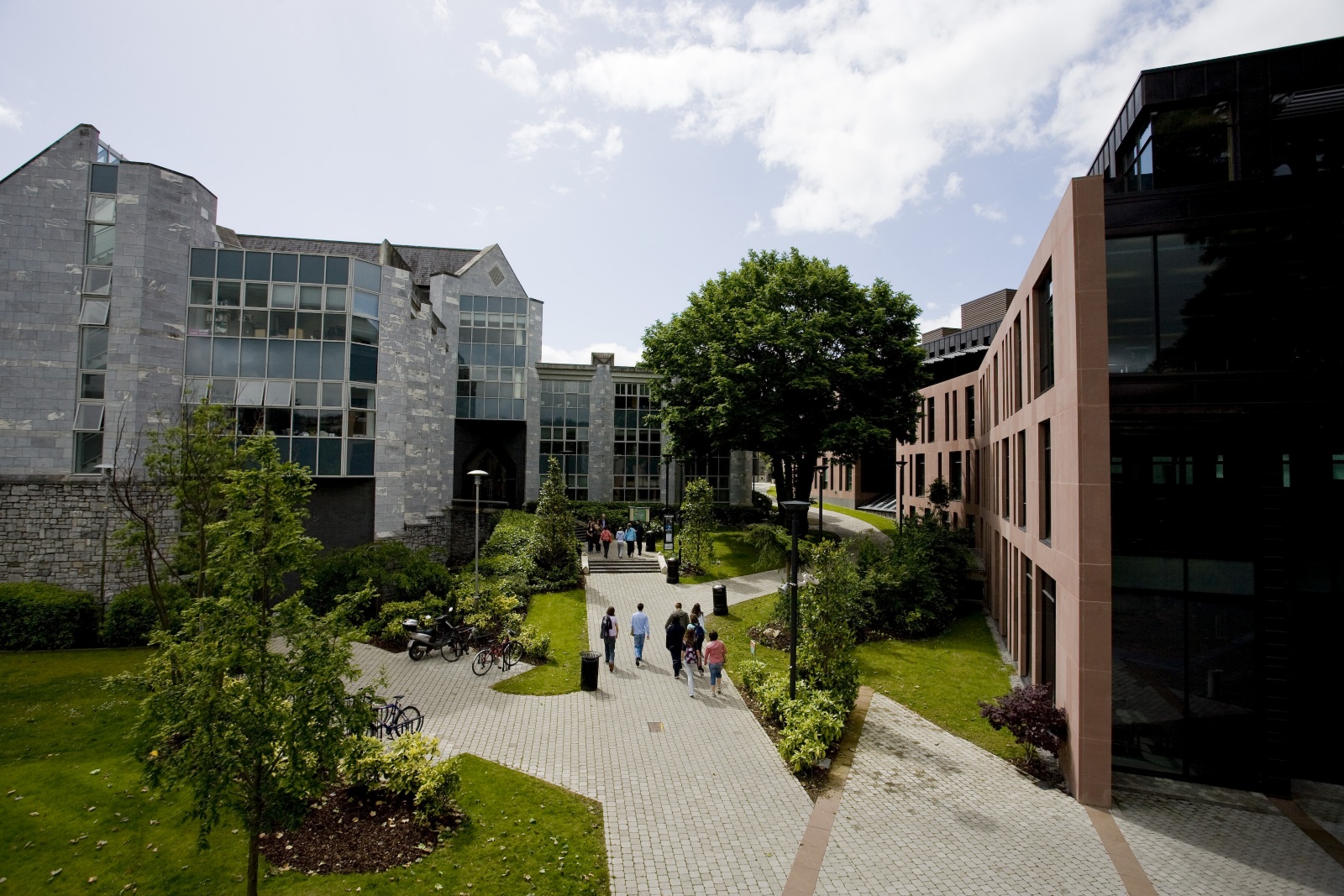In This Section
- Home
- About Us
- Research
- Research Clusters & Working Groups
- Ageing
- Children and Young People
- Research for Civil Society, Environment and Social Action (REACT)
- Genders, Sexualities and Families
- Disability and Mental Health
- SHAPE
- CARE21
- Migration and Integration
- Poverties, Social Justice and Inequalities
- Gender and the Academy Research Working Group
- Crime and Social Harm (CSH)
- Populism and the Rise of the Far-right
- Work, Organisations and Welfare
- TRANSS UCC Working Group
- News and Events
- People
- Events
- Join Us
ISS21 hosts international migration conference

Researchers based in twelve different countries converged on UCC Tuesday, September 2nd, to map some of the key ways that economic, social and political crises in Europe have changed people’s migration patterns and life chances. The conference, titled ‘Crisis, Mobility and New Forms of Migration’ will run until lunchtime on September 4th.
Europe’s economic crisis has had a profound and rapid impact on societies within and across its borders.
The impact of the crisis has arguably been most deeply felt in geographically peripheral European countries such as Greece, Spain and Ireland. The quest to maintain living standards amongst these populations has seen, for some, rapid emigration, and the rise of short-term migration and long-distance commuting.
Researchers based in twelve different countries will converge on UCC next Tuesday, September 2nd, to map some of the key ways that economic, social and political crises in Europe have changed people’s migration patterns and life chances. The conference, titled ‘Crisis, Mobility and New Forms of Migration’ will run until lunchtime on September 4th.
It is crucial to map the changing uses of migration by certain European and non-European citizens. Such changes can indicate how peripheral certain European and non-European countries have become as a result of economic, social and political crisis. New migration and mobility patterns must be studied because of the issues they raise around social welfare, changing identities and social solidarity, and support for family networks and changing communities.
The conference is hosted by the Migration and Integration Research Cluster at the Institute for Social Sciences in the 21st Century at University College Cork. It is supported by the UCC Strategic Research Fund.
Keynote lectures will be given by Dr Sarah Spencer CBE (University of Oxford) and by Dr. Piaras Mac Éinrí (School of Geography & Archaeology, and ISS21, UCC). Dr Spencer will speak on the topic ofRegular Services for Irregular Migrants: Unravelling a Policy Paradox across the EU. Dr. Mac Éinrí will focus on the Irish context, exploring the question of who stays and who leaves, drawing on the results of the landmark Emigre research project as well as more recent research.
As part of the conference, the cluster will also host the launch of the following four books by members of the cluster.
- Migrations: Ireland in a Global World; Mary Gilmartin and Allen White (Eds.); Manchester University Press, 2013
- Education in Indigenous, Nomadic and Travelling Communities; Rosarii Griffin (Ed.); Bloomsbury Academic, 2014
- Migration – Global Processes Caught in National Answers; Mehmet Okyayuz, Peter Herrmann, Claire Dorrity (Eds.); Weinar Verlag, 2014
- Child and Youth Migration: Mobility-in-Migration in an Era of Globalization; Angela Veale and Giorgiá Doná (Eds.); Palgrave MacMillan, 2014
More information is available at: http://migration2014.wordpress.com. Follow the conference on Twitter at #cmnfm2014.
Institute for Social Science in the 21st Century (ISS21)
Contact us
Top Floor, Carrigbawn/Safari Building, Donovan Road, Cork, T12 YE30
